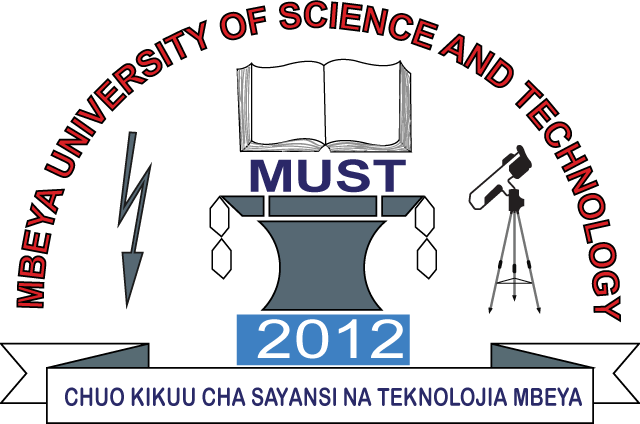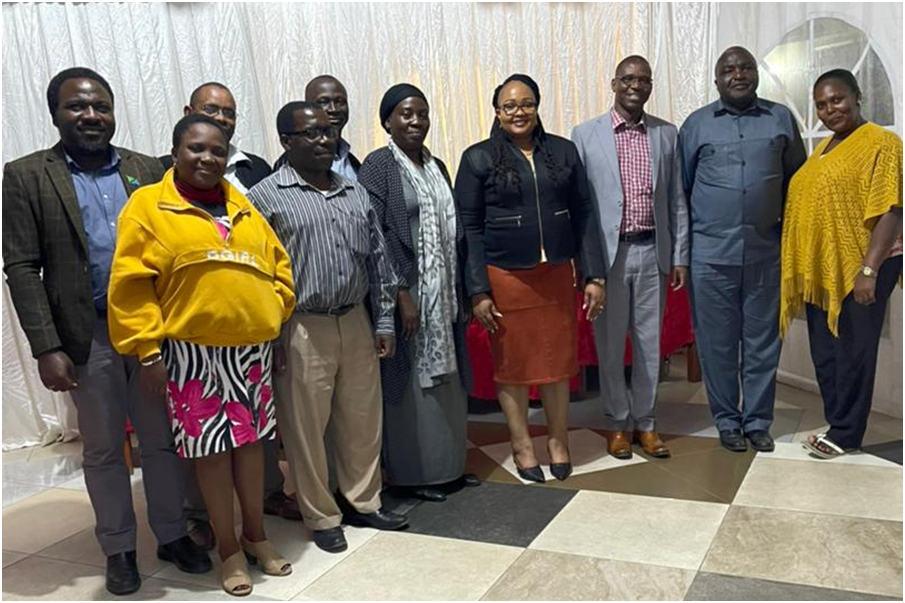
The United Republic Of Tanzania
Ministry of Education, Science and Technology
Mbeya University of Science and Technology
Leading Centre of Excellence for Knowledge, Skills, and Applied Education in Science and Technology


Leading Centre of Excellence for Knowledge, Skills, and Applied Education in Science and Technology


The Mbeya University of Science and Technology’s Project Implementation Team has been urged to timely implement the China Funds-in-Trust Phase III Project: Higher Technical Education in Africa for a Technical and Innovative Workforce, coordinated by UNESCO. During a courtesy visit to MUST Vice Chancellor’s Office, Prof Aloys Mvuma (MUST VC) informed the Head of Education Section, UNESCO Country Office, Ms Faith Shayo that bureaucracy is not in MUST vocabulary and will ensure that the Project Team is given full support while abiding with the rules and regulations. Speaking during the dinner-work session held on 13th April 2022 in Mbeya City, Ms Faith Shayo, advised the Team that the project work plan is an important document to abide by and ensure that the implementation process is visible through sharing information with the wider community within and outside Tanzania through various media outlets. The Deputy Vice-Chancellor Planning Finance and Administration, Dr John P. John appreciated the UNESCO for the opportunity that the University has received to be part of the CFIT Project implementing institutions. He assured that the University will implement the project activities as planned. On the other hand, the MUST Project Coordinator, Prof. Zacharia Katambara appreciated Ms Faith Shayo for sparing her valuable time to visit MUST and share her experience, advice and guidance that ensures the project is successfully implemented. As a vote of thanks, the Project Secretary, Dr Mwajuma Lingwanda appreciated the fruitful working session which has benefited all of us.
In brief, the CFIT project intents to enhance the capacity of MUST to expand access to, and quality of technical education programmes that equip youth with competencies and skills relevant to the labour market and to their individual needs for lifelong learning, which ultimately contributes to sustainable socio-economic development with the upgrading of human capital and skills. In this regard, the University trusts that the Team will successfully implement the project in a manner that will pave way for more similar projects that benefits the communities, the nation and beyond.